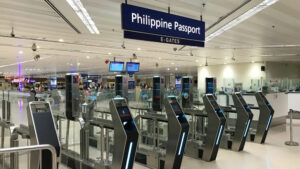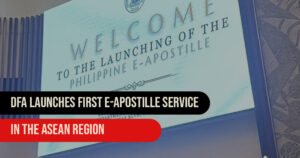Ten years ago when I am in the process of applying for a job here in Oman, I have no idea where this country is located at. Until the time I had my visa and ready to fly, I finally ask Google some information about this country. As a web and graphic designer by that time, I prefer to look at something that represent the country visually, so I search via Google maps and the view of the deserted place with the same house or building designs put me into a state of surprise. As you look at the map of the roads, you can easily recognize those round about, and yes when I arrived no single traffic light yet during those days.
Table of Contents
ToggleSo I have decided to compile some information and useful guide for the new comers and particularly to our fellow Filipinos and for those who are aspiring and live in Oman.
Oman is the fifth most peaceful country in the MIddle East and North Africa region, according to a study.
The Sultanate advanced four spots from last year to rank 70th out of 163 countries in the eleventh edition of the World Peace Index, compiled by the Institute for Economics and Peace (IEP).
OFWs should take note and obey the following rules
- Avoid raising your voice or using hand gestures when talking to an Omani. This is offending for them.
- Use your right hand when accepting refreshment, foods, or gifts. Do not use the left hand as they consider this unclean.
- Avoid showing the soles of your feet as this is also highly offensive for the Omanis. Keep your feet flat on the ground and do not cross your legs.
- Remove your shoes when invited over at a house or when entering the mosque. Make sure that your sock doesn’t have any holes so the soles of your feet won’t show.
- Don’t enter a mosque without asking permission first.
- Do not walk/step on the prayer mat or in front of an Omani praying, or stare at them while praying.
- Don’t offer alcoholic drinks to an Omani, unless you are sure that he drinks.
- Don’t say words or make actions that may disgrace the people, the government and their religion.
- Remember to wear appropriate clothing, those that will not show your shoulders, arms and legs when on public places. Bring a shawl or sarong you can use when confronted by religious police. For men, avoid wearing shorts and sleeveless shirts on the streets.
- Do not eat, drink or smoke on places where Muslims can see you during Ramadan.
These are some of the guidelines that an OFW must comply for a less worry stay in Oman.
I would like to reiterate about the dress code in Oman. The dress code policy in the Sultanate is by and large mentioned clearly in many malls and other public places. While some places may not have specified a dress code, a majority of expatriates and visitors in the country dress themselves moderately in accordance with the local customs.
Cost of accommodation in Oman
The market has eased considerably since its peak, and now accommodation prices are coming down – like elsewhere in the Middle East. There are a lot of new homes being built, and expats will be able to find a place that fits their budget, mood and style.
Costs vary according to size, facilities and area. Utilities, such as water, gas and electricity, are generally excluded in the quoted rental price. Accommodation is normally unfurnished.
Flat of 2 bedrooms ranges from 300 RO – 750 RO
Cost of transport in Oman
Cars
The cost of using a car in Oman is much cheaper than in Europe. As a result, virtually every expat drives and few use public transportation.
Most expat prefer to have their own cars for convenient reason but the petrol price is now rising.
Taxis
Taxis are also good value; unfortunately though, they rarely have a meter. Drivers sometimes quote close to the real price, but more often the prices can be incredibly far-fetched.
Mwasalat and Marhaba is already operating in the roads of Muscat which is metered taxi and it has their mobile app.
Buses
For those who want to make every penny count, those who don’t have a car or those who want to experience local atmosphere, there are ‘baisa’ buses operating throughout Muscat.
Similarly, coaches can be a good way of travelling long distance, such as journeys to Sohar, Dubai and Abu Dhabi.
Mwasalat bus is already frequent in most of the popular destinations in Muscat




